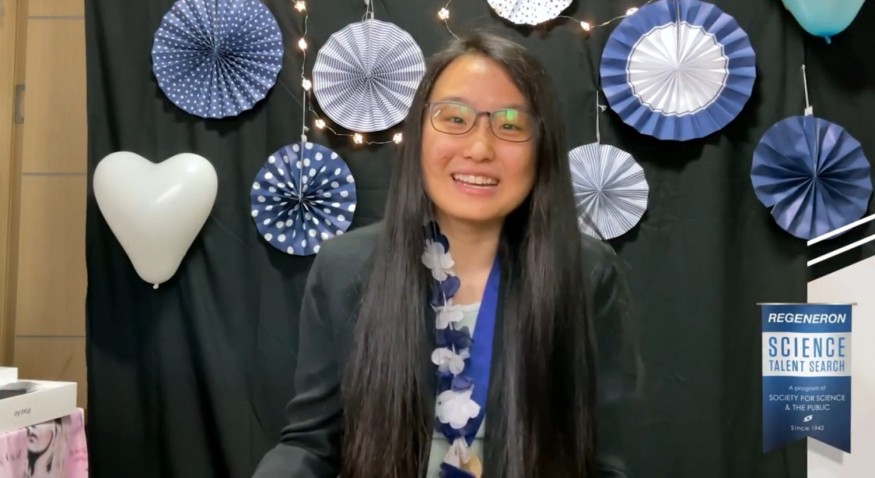An 18-year-old teenager from Phillips Exeter Academy in New Hampshire came up with a matching theory that can be applied in various fields, such as looking for a life partner.
Her matching theory makes matchmaking rely more on mathematics and algorithms by pairing an infinite number of potential couples.
According to Exeter Academy's press release, Yunseo Choi's matching theory aims to build off the Gale-Shapley algorithm that seeks to solve the problem of finding a stable match between two equal sizes of sets.
The two professors from California for whom the algorithm is named have proven that it is always possible to find matches to make all matching stable in every equal number of men and women.

Choi's Matching Theory
Regeneron Pharmaceuticals, Inc. and Society for Science announced that Choi won the $250,000 top award in the STEM competition known as the 2021 Regeneron Science Talent Search, PR Newswire reported.
Choi is among the 40 finalists honored during the virtual award ceremony for their exceptional problem-solving abilities and potential for becoming scientific leaders.
Her project made her a theoretical matchmaker for an infinite number of people by determining which important properties would work for an infinite number of pairs. The matching theory says that when options are infinite, the matched person is more likely to be suited for that person.
"Essentially, I studied these stable matchings, but in the context of the infinite matching market," Choi said. "Where instead of matching a finite set of men to another finite set of women, we're matching an infinite number of men to an infinite number of women."
According to Choi, her matching theory aims to characterize the properties of matching to help design matching algorithms that are more robust to frictions in the market that restrictive finite models do not fully capture. This creates an algorithm that is important for practical market design.
Read also: International Women's Day: 5 Females from Then and Now With Significant Contributions to Science
Beyond Winning the STEM Competition
Beyond Choi's matching theory's application for dating, her matching algorithms are also used in various ways. It could be used to match organ donors with potential recipients or used in scheduling hospital rotations of medical students and assigning cadets to the branches of the military.
According to NPR, Choi aims to use her matching theory in the numerous possibilities it can be used as there are many ways to use the matching theory.
She competed in the STEM competition from her hometown in South Korea, which means that she was forced to be a night owl for much of the competition's finals week.
Choi plans to attend Harvard this fall to study math, and she would most likely meet last year's winner Lilian Kay Petersen, who came up with the model to predict crop harvests and is now studying applied math in the said university.
Check out more news and information on STEM in Science Times.
© 2026 ScienceTimes.com All rights reserved. Do not reproduce without permission. The window to the world of Science Times.












